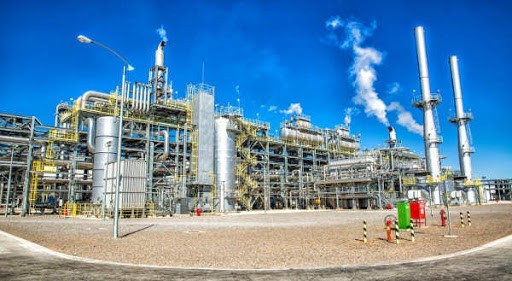Turkmenistan wants the EU to help build a Trans-Caspian pipeline
Turkmen President Serdar Berdymukhamedov is expected to meet European Commission President Ursula von der Leyen before the end of the year. Industry experts are sceptical about the project, pointing to Turkmenistan's lack of competitiveness in the European energy market. Financing the new infrastructure is the main obstacle.
Ashgabat (AsiaNews) – The President of Turkmenistan, Serdar Berdymukhamedov, will visit Brussels before the end of the year, the Turkmen Ambassador to the European Union, Sapar Palvanov, announced.
In a statement, the Turkmen diplomat “reaffirmed Turkmenistan's commitment to further strengthening the bilateral collaboration mechanisms in all possible areas.”
The announcement follows a statement, a rather rare occurrence for Turkmenistan, about plans to build a Trans-Caspian gas pipeline.
The project has been discussed for many years, but industry experts are rather sceptical about its feasibility, pointing to Turkmenistan's lack of competitiveness in the European energy market.
On 28 July, Ambassador Palvanov presented his credential to European Commission President Ursula von der Leyen. On this occasion, he stressed his country’s intention to boost cooperation in the energy field.
The President's visit would be a historic event, especially in light of Turkmenistan's traditional political aloofness and neutrality. Ms von der Leyen was quick to express the Commission’s wish to sit down with the Turkmen side.
Turkmenistan has the fourth largest natural gas reserves in the world. European proposals for cooperation have multiplied in the wake of Russia’s invasion of Ukraine and the need to find alternative sources to Russian gas, which the EU has stopped importing.
However, a Trans-Caspian pipeline requires billions of dollars in investments, to upgrade Turkmenistan’s infrastructure and transport system, which are too antiquated to export gas through Azerbaijan and Turkey.
For Turkmenistan’s Foreign Ministry, “there are no political, economic, or financial factors hindering the construction of a gas pipeline,” but in fact, money is the main obstacle.
In a statement on 21 July, Azerbaijani President Ilham Aliev expressed doubts about the project’s feasibility unless the sources of financing are clearly indicated.
It is well known, he said, “that European banks have now stopped financing fossil fuel projects. Therefore, it will be difficult to attract significant funds for this.”
The Turkmen government has talked about exporting up to 30 billion cubic metres of gas to Europe a year, but experts stress that this volume is incompatible with current facilities. More pipelines will be needed to bring all this gas to Europe via Azerbaijan.
Professor Luca Anceschi, an expert on Central Asia at the University of Glasgow (Scotland), sees no promising options for a new pipeline.
“This requires a lot of preparatory work,” he told Radio Azatlyk on Tuesday, “a lot of investment and a lot of negotiations. As far as I understand, the Turkmen government is not ready for any of the above.”
For Anceschi, Turkmenistan’s state company Turkmengas, which is would manage the project, does not have the necessary capabilities to lead a consortium.
In a recent piece, Bloomberg reported that Turkmenistan is lagging in the European energy market.
A new pipeline will take not only a lot of money, but also many years to build, while Europe has cheaper and more accessible alternatives at its disposal.
The deputy vice president of Azerbaijan's state oil company Socar, Vitaliy Baylarbayov, explained that his country is prepared to offer its infrastructure for the transit of Turkmen gas.
But the entire project depends on Turkmenistan, starting with the two Caspian fields closest to the transmission network. In fact, “there is no need to build a pipeline under the sea to develop them,” Baylarbayov said.
Another obstacle that needs to be overcome is Russia’s threat to block Turkmenistan's gas exports, because of possible negative environmental consequences in the Caspian Sea.
This means Turkmenistan has to pick a side in the existing international chessboard.
23/10/2010







.png)










